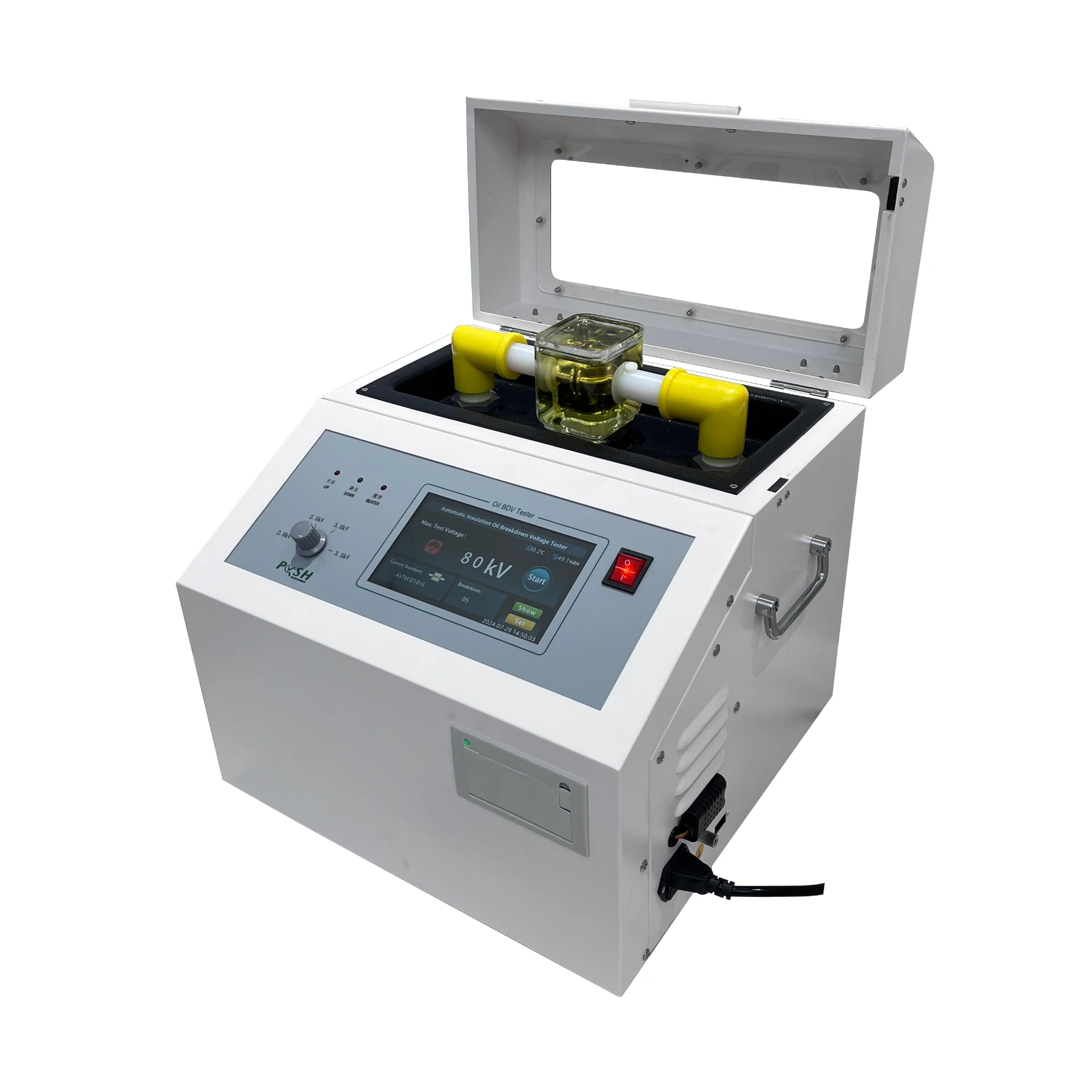 English
English


Electronic Insulation Tester - Precision Electrical Testing Instruments
Understanding Electronic Insulation Testers
In today's world, safeguarding electrical systems from potential failures is paramount, and one of the key tools in achieving this is the electronic insulation tester. These devices play a crucial role in ensuring the safety and reliability of electrical installations by measuring the insulation resistance of wires, motors, transformers, and other electrical components.
Electronic insulation testers function by applying a specific voltage between the conductor and ground, and then measuring the resistance offered by the insulation. This process helps identify whether the insulation is compromised, which can lead to short circuits, equipment failure, and even electrical fires. The testers are typically equipped with digital displays, allowing for quick and easy reading of the results, and many offer additional features such as data storage and analysis capabilities.
There are various types of insulation testers available on the market, ranging from portable handheld devices to more sophisticated models used in industrial applications. The most common testing voltage ranges from 250V to 1000V, depending on the specific requirements of the installation being tested. Higher voltage tests can reveal weaknesses in insulation that may not be apparent at lower voltages, making them essential for comprehensive assessments.
electronic insulation tester

Regular testing with an electronic insulation tester is not just a matter of compliance; it is crucial for proactive maintenance strategies. By detecting insulation deterioration early, electricians can address issues before they escalate into costly repairs or hazards. This preventive approach not only enhances safety but also extends the lifespan of electrical equipment.
Moreover, electronic insulation testers contribute to compliance with industry standards and regulations, such as those set forth by the National Fire Protection Association (NFPA) and the Institute of Electrical and Electronics Engineers (IEEE). Ensuring that electrical systems meet these standards helps organizations mitigate risks and avoid potential liabilities.
In conclusion, electronic insulation testers are indispensable for anyone involved in electrical maintenance, installation, or inspection. By accurately measuring insulation resistance, these devices enhance safety, ensure compliance, and contribute to the longevity of electrical systems. Investing in a quality insulation tester is not only a wise choice but also a critical step in protecting both people and property from the dangers associated with electrical failures. Whether for residential, commercial, or industrial applications, understanding and utilizing these testers can make a significant difference in electrical safety management.
-
Differences between open cup flash point tester and closed cup flash point testerNewsOct.31,2024
-
The Reliable Load Tap ChangerNewsOct.23,2024
-
The Essential Guide to Hipot TestersNewsOct.23,2024
-
The Digital Insulation TesterNewsOct.23,2024
-
The Best Earth Loop Impedance Tester for SaleNewsOct.23,2024
-
Tan Delta Tester--The Essential Tool for Electrical Insulation TestingNewsOct.23,2024





